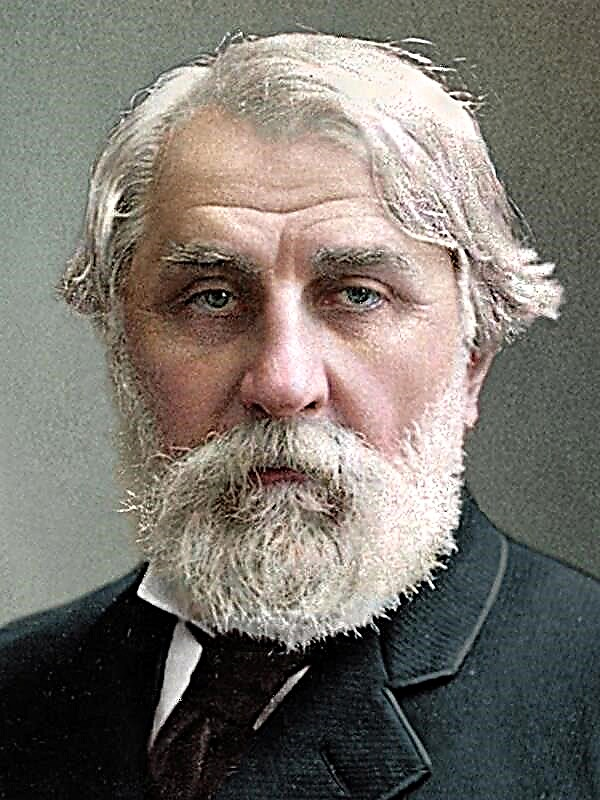The storyteller is famous for his sense of humor. Natural resourcefulness successfully combines with fitness, jokes are usually harmless in nature, and he becomes a universal favorite.
Once the hero receives an offer to send something for the department of humor in the famous weekly. His material is accepted, and soon he is already leading his humorous column.
An annual contract is concluded with him, many times higher than his previous salary in a hardware company, and he becomes a professional comedian. At first, everything is going well, but six months later the hero begins to feel that his humor is losing its former immediacy. Jokes and pangs do not fly off the tongue by themselves, there is a lack of material. The hero does not amuse his acquaintances, as before, but he overhears their conversations and writes down successful expressions on the cuffs, so that later he can be sent to the magazine. He does not waste his jokes, but he saves them for professional purposes. Gradually, acquaintances begin to avoid communicating with him. Then he transfers his activity to the house: he extracts grains of humor from his wife’s remarks, eavesdrops on the conversations of his young children and prints them under the heading “What Children Can't Think of.” As a result, the son and daughter begin to run from the father like a plague. But his business is going well: the bank account is growing, although the need to professionally wrench is a heavy burden. Accidentally going into the funeral home of Geffelbauer, the hero is pleasantly struck by the gloomy atmosphere and the complete lack of a sense of humor in the owner. Now he is a frequent guest of Geffelbauer, and one day he offers him a partnership. The hero gladly accepts the offer and flies home as if on wings to share good luck. He scans the mail, and among the envelopes with rejected manuscripts, he comes across a letter from the editor-in-chief of the weekly informing him that the contract is not renewed due to a decrease in the quality of materials for the humorous section. This seems to be sad news delights the hero. Having informed his wife and children that he is now the co-owner of the funeral home, the hero suggests celebrating the great event with a trip to the theater and lunch in a restaurant.
New life in the most beneficial way affects the health of the hero. He again gains the reputation of an excellent jerk and wit. The funeral home’s affairs are going well, and the partner assures the hero that with his cheerful disposition, he is able to “turn any funeral into an Irish funeral.”

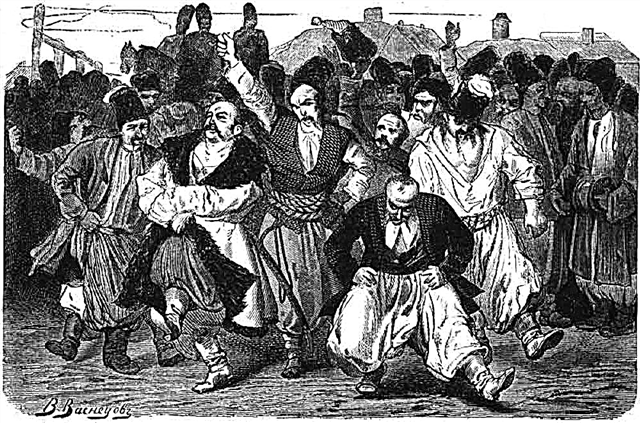


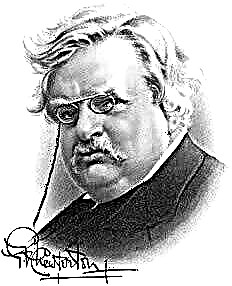
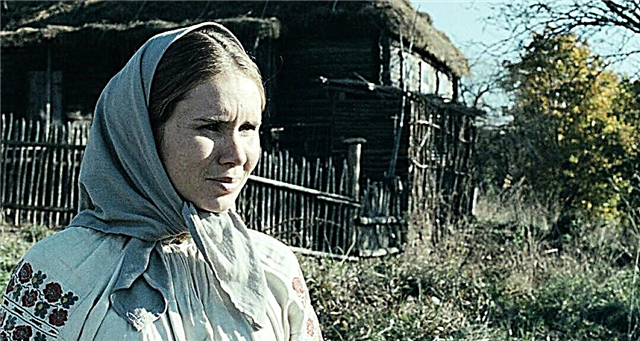
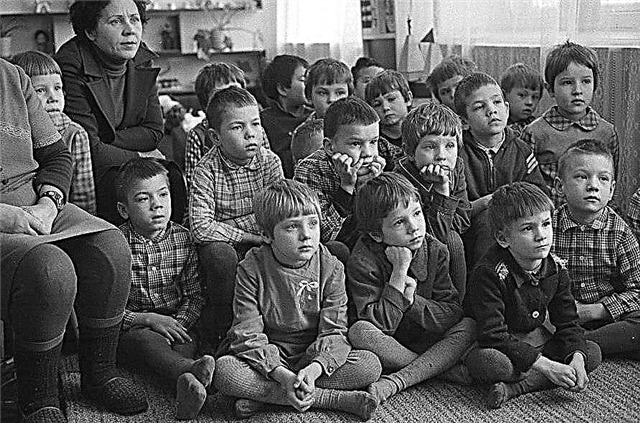

 Guerrilla marketing
Guerrilla marketing


